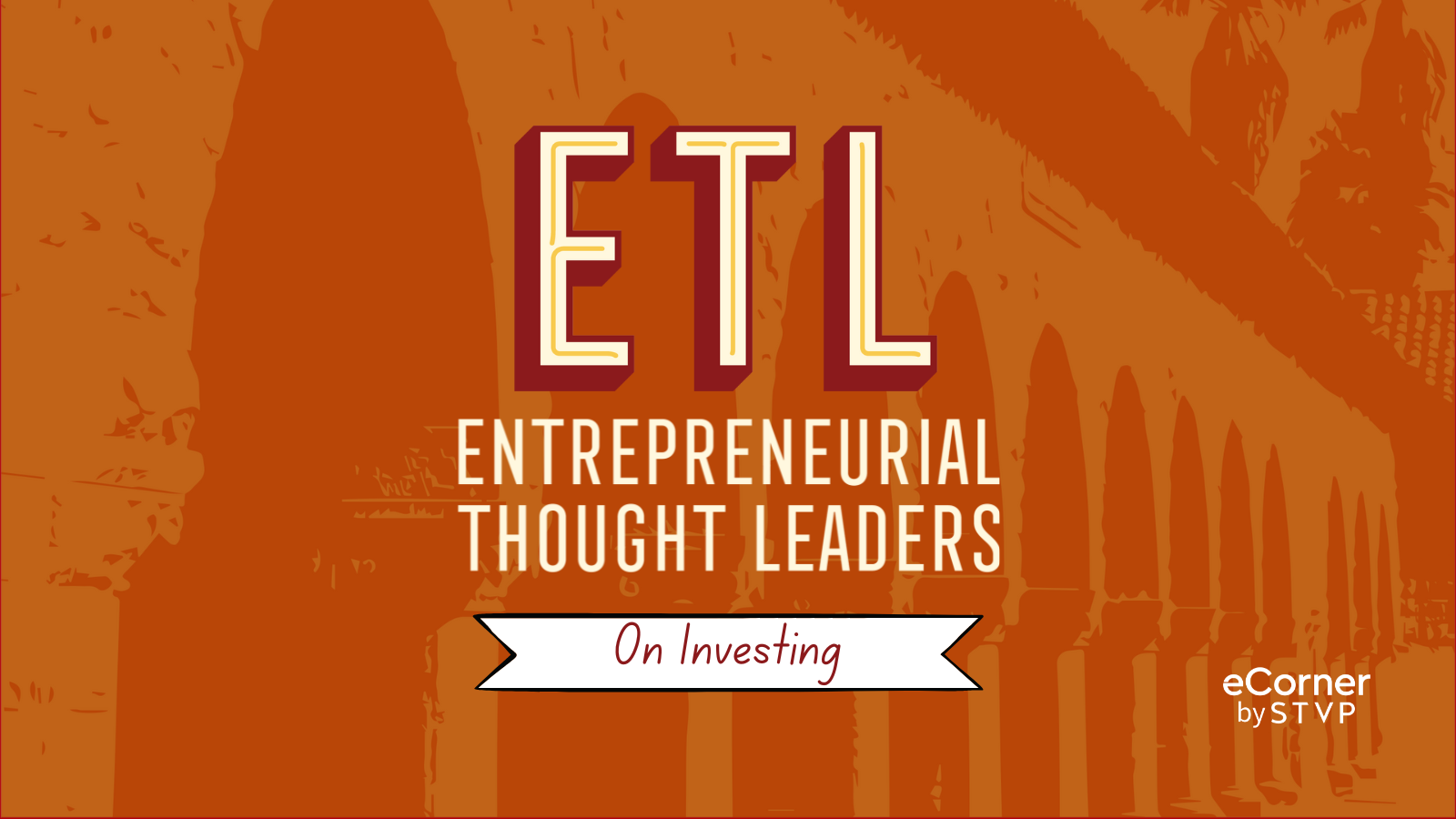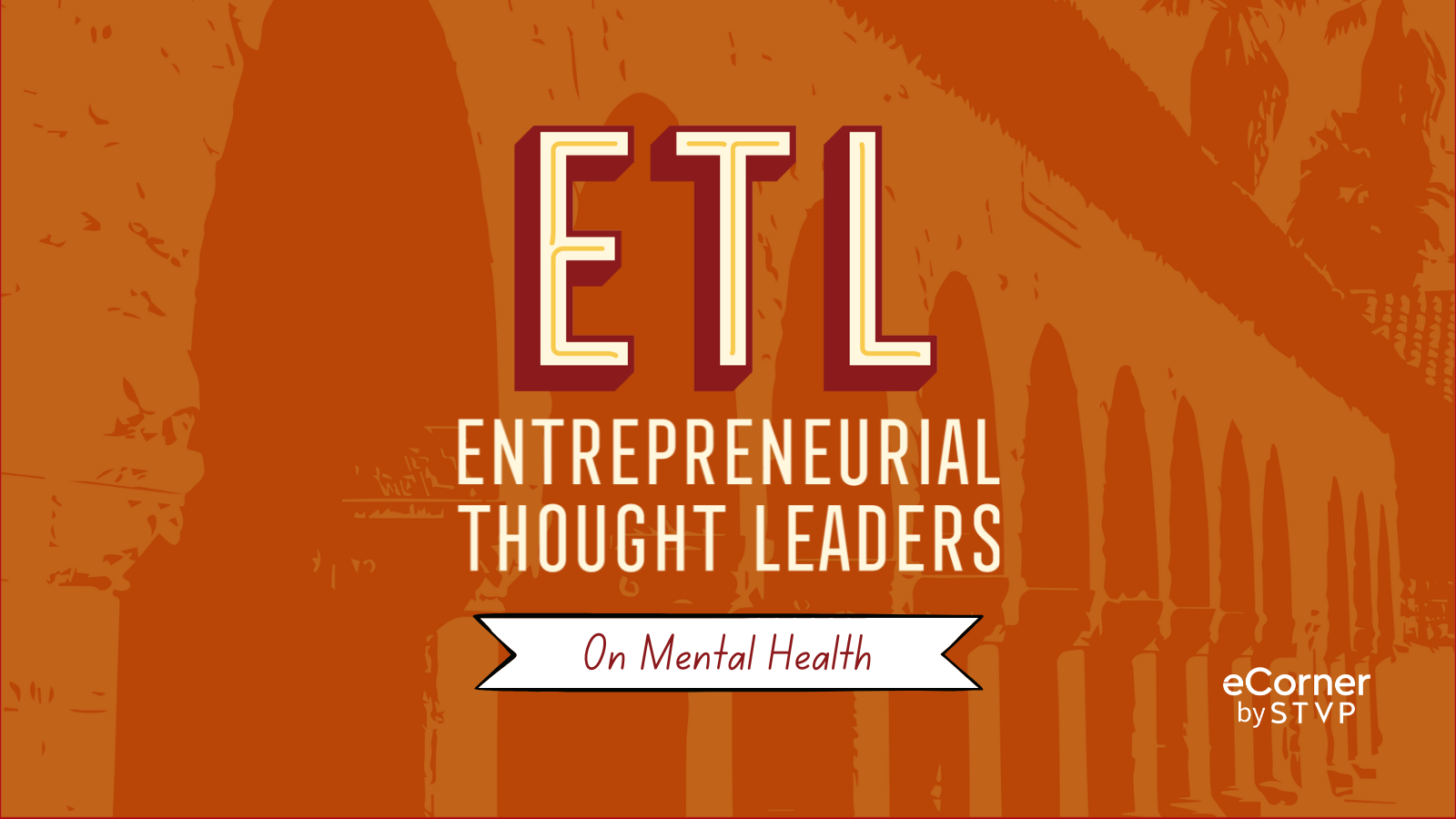Why Failure to Launch is a Good Thing
If you’re going to lead the lab that launches moonshots like self-driving cars and balloon-powered Internet, you need to be incredibly ambitious and intelligent. But that will only get you so far. It turns out you also need courage and confidence in the people around you.
Those sentiments came up again and again when the director of Alphabet’s moonshot factory, X, spoke at Stanford on April 20 as part of the DFJ Entrepreneurial Thought Leaders Seminar series. The geniuses inside the secretive lab at the Googleplex in Mountain View are encouraged to identify every possible reason why an incredibly ambitious idea won’t fly, as soon as it’s been thought — and certainly before costly brainpower and other resources are committed.
The teams celebrated most fondly at X aren’t the ones that complete their projects, according to Astro Teller, director at X. He says the teams that kill their moonshots before they even see the light of day are the true rockstars. This is how the Silicon Valley mantra “fail fast” is lived, and not just given lip service.
“This is the difference,” said Teller, who earned his bachelor’s and master’s degrees from Stanford University’s computer science department before getting his Ph.D. studying artificial intelligence at Carnegie Mellon University. “Creating the feeling that failing fast would actually get you what you want, instead of getting you the opposite of what you want.”
Teller gave a similar TED talk in February titled “The unexpected benefit of celebrating failure.” But his discussion at Stanford allowed him to go deeper and engage the audience with an insightful question-and-answer session at the end.
More than any of the moonshots that his factory is known for, Teller said he is most excited about “systematizing innovation.” He does this by creating a work environment where employees are encouraged to be audacious, and by giving them the freedom to work on ideas that inspire them and that they want to own — whether they fail or succeed.
In addition to the self-driving car and Google Glass, other well-known innovations out of X include Project Loon, which is providing Internet access through stratospheric balloons, and Project Wing, a fleet of next-generation drones intended to deliver goods ranging from consumer products to emergency medicine. And yet, X also drops ideas by the dozens every year. Some projects that X has famously pulled the plug on include a space elevator, a jet pack and vertical farming.
Those projects were not fruitless, though. Teams within X taking them on meant there was some potential for a breakthrough, because those working on the projects wouldn’t be there in the first place if they didn’t possess both intelligence and integrity. That’s where the confidence in others comes into play.
“I’m not pro-failure. I’m pro-learning,” Teller said. “We mean find incredibly efficient ways to learn.” Calling himself a “culture engineer,” Teller also explained that good ideas can come from anywhere, and that the positivity that results from such optimism must be protected in order to fuel real creativity, audacity and honesty without fear of reproach.
At one point in his talk, Teller described how the audaciousness of an idea for generating electricity once shared in Alphabet’s moonshot factory far outweighed its impracticality in his mind. He then sums up the decision-making process at X for whether or not to put resources behind a project, using the terms “false positives” and “false negatives.”
In this context, a false positive is when an idea is thought to be worth the time and effort, but ends up not going anywhere despite all the trouble. A false negative, Teller explained, is when an idea is considered unworthy of resources and passed up, when in reality it could’ve been a major breakthrough. He said a false positive is much more costly than a false negative for X — or for any innovation factory.
Toward the end, Teller addressed a question from the audience about how other organizations could possibly create a culture that incentivizes bold failures if they don’t have Alphabet’s deep pockets. To that, Teller pointed to all the research showing that salary increases do not lead to long-term worker satisfaction.
“What people want is recognition,” Teller said. “You don’t need cash and you don’t need (job) promotions to do what I’m describing.”



